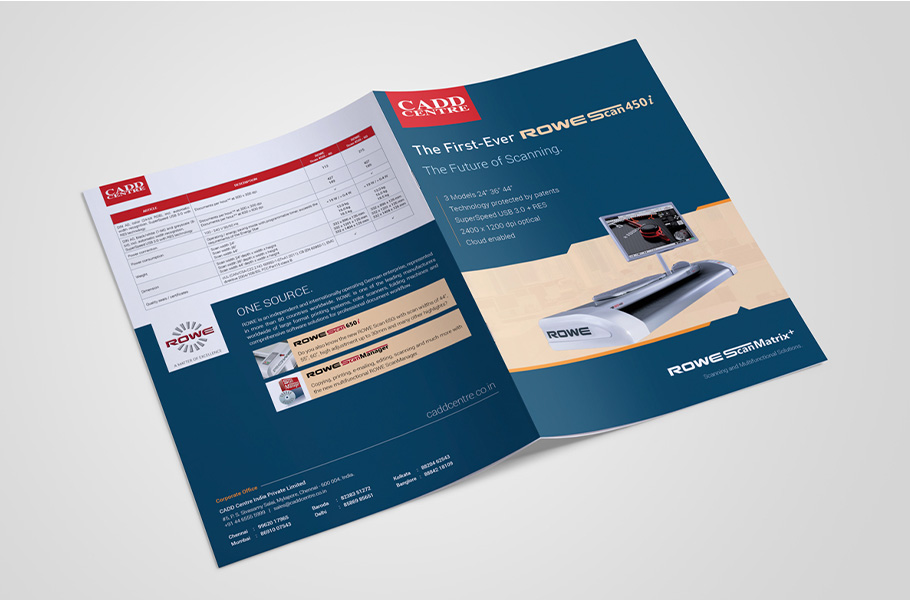10 Powerful Strategies for Healthcare Marketing Organically
In today’s digital age, healthcare marketing is evolving rapidly. While paid advertising can yield quick results, organic strategies provide sustainable, long-term growth and build trust with your audience. As one of the best healthcare marketing in Chennai, Arctur Creatives focuses on delivering value-driven strategies that resonate with both patients and healthcare providers. Here are ten powerful ways to elevate your healthcare marketing organically.
1. Leverage Content Marketing
Content marketing is the cornerstone of organic growth. Create high-quality, informative content that addresses common questions and concerns within your field. This could include blog posts, articles, videos, infographics, and podcasts. Ensure your content is engaging, accurate, and valuable to your target audience.
Tips:
Focus on patient education.
Use layman’s terms for complex medical information.
Regularly update your content to reflect the latest research and developments.
2. Optimize Your Website for SEO
Search Engine Optimization (SEO) is crucial for driving organic traffic to your website. Optimize your website content with relevant keywords, meta descriptions, and high-quality images. Ensure your site is mobile-friendly and has a fast loading speed. As a leading healthcare branding in Chennai, Arctur Creatives integrates SEO strategies specific to the healthcare sector.
Tips:
Conduct keyword research to identify terms your audience is searching for.
Use local SEO strategies to attract nearby patients.
Regularly audit your website to fix any technical issues.
3. Engage on Social Media
Social media platforms are powerful tools for building relationships with your audience. Share valuable content, engage in conversations, and respond to comments and messages promptly. Platforms like Facebook, Twitter, LinkedIn, and Instagram can help you reach a wider audience organically.
Tips:
Post regularly and at optimal times.
Use hashtags to increase the visibility of your posts.
Run live Q&A sessions or webinars to engage with your audience in real-time.
4. Build a Strong Online Reputation
Online reviews and testimonials play a significant role in healthcare marketing. Encourage satisfied patients to leave positive reviews on platforms like Google My Business, Yelp, and health-specific review sites. Respond to reviews professionally and address any negative feedback constructively.
Tips:
Send follow-up emails asking for reviews after appointments.
Display testimonials prominently on your website.
Use reputation management tools to monitor and respond to reviews.
5. Utilize Email Marketing
Email marketing remains one of the most effective ways to nurture relationships with your audience. Send regular newsletters with updates, health tips, and personalized content. Segment your email list to ensure your messages are relevant to each recipient.
Tips:
Use a catchy subject line to increase open rates.
Include clear calls-to-action (CTAs) in your emails.
Track metrics like open rates and click-through rates to optimize your campaigns.
6. Create Patient-Centric Content
Focusing on patient-centric content helps build trust and rapport with your audience. Share patient success stories, educational content, and resources that address patient concerns. Highlight how your services can improve their health and well-being.
Tips:
Use patient testimonials and case studies.
Share tips for managing common health conditions.
Provide downloadable resources like eBooks and guides.
7. Collaborate with Influencers and Industry Experts
Partnering with influencers and industry experts can boost your credibility and reach. Look for individuals who align with your values and have a significant following in the healthcare industry. Collaborations can include guest blogging, joint webinars, or social media takeovers.
Tips:
Choose influencers who are respected in your niche.
Ensure collaborations are authentic and provide value to your audience.
Measure the impact of these partnerships through engagement metrics.
8. Participate in Community Events
Getting involved in community events helps you connect with potential patients and showcase your expertise. Sponsor health fairs, participate in local charity events, and offer free health screenings. These activities enhance your visibility and demonstrate your commitment to community health.
Tips:
Promote your participation in events through your digital channels.
Use events as an opportunity to collect patient feedback.
Follow up with event attendees to nurture ongoing relationships.
9. Implement a Strong Referral Program
Word-of-mouth referrals are invaluable in healthcare marketing. Encourage existing patients to refer friends and family by implementing a structured referral program. Offer incentives like discounts or special offers for successful referrals.
Tips:
Clearly communicate the benefits of your referral program.
Make it easy for patients to refer others.
Track referrals and reward participants promptly.
10. Maintain Consistent Branding
Consistent branding helps build recognition and trust. Ensure your visual and verbal brand elements are uniform across all channels. This includes your logo, color scheme, tone of voice, and messaging. As a dedicated healthcare branding & marketing agency, Arctur Creatives ensures all brand touchpoints reflect professionalism and clarity.
Tips:
Develop brand guidelines to ensure consistency.
Regularly review and update your branding materials.
Train your team on your brand values and messaging.
Conclusion
Organic healthcare marketing requires dedication and strategic planning, but the rewards are significant. By focusing on quality content, patient engagement, and community involvement, you can build a strong, trusted presence in the healthcare industry. For businesses seeking expert support, Arctur Creatives – a trusted graphic design agency and creative agency in Chennai – helps elevate brands with proven, organic strategies. Implement these ten methods to enhance your marketing efforts and achieve sustainable growth.







